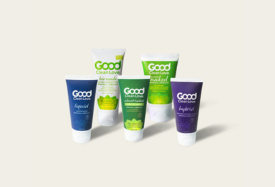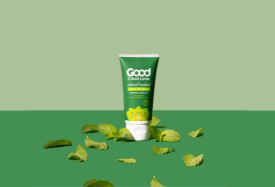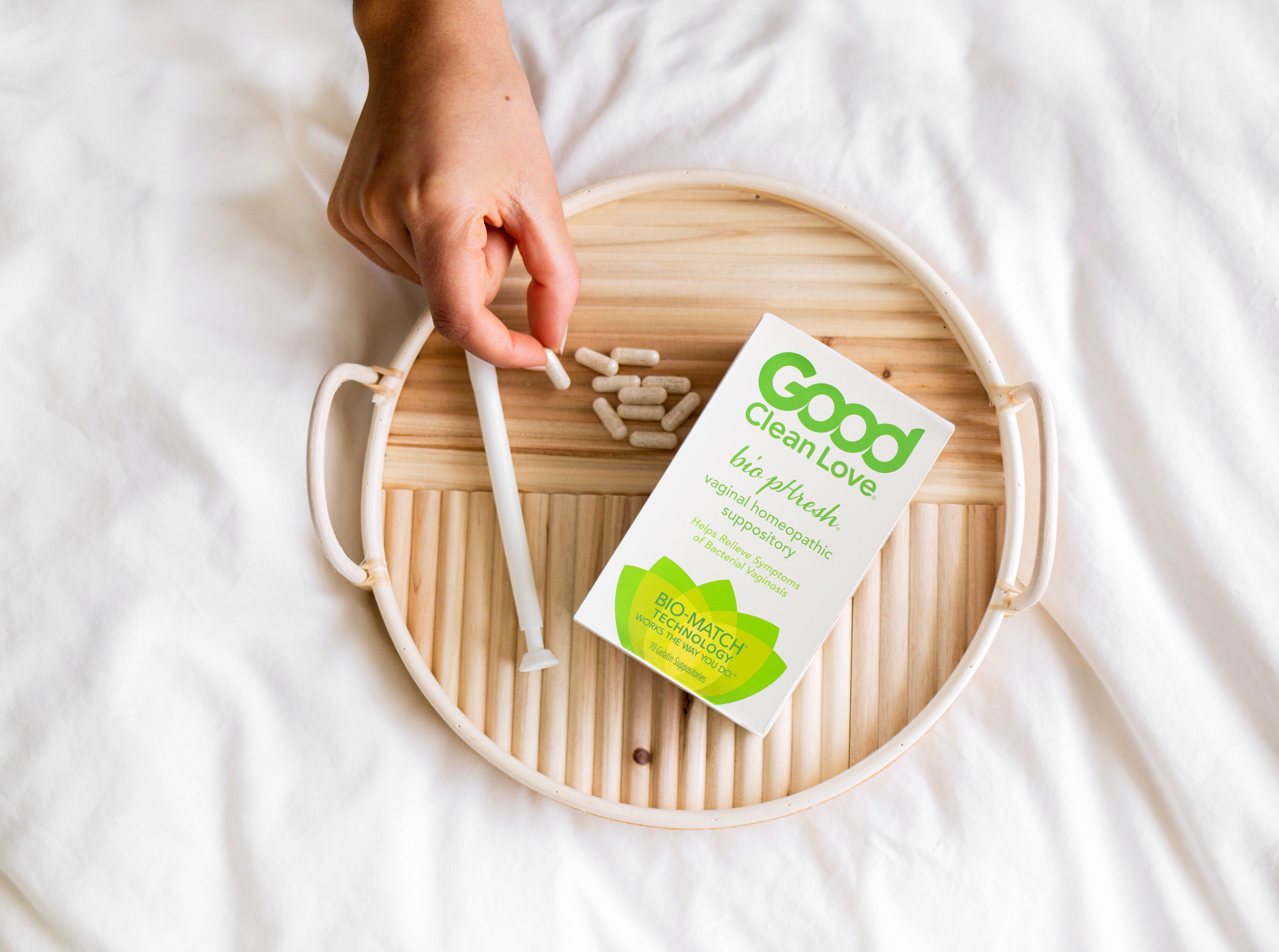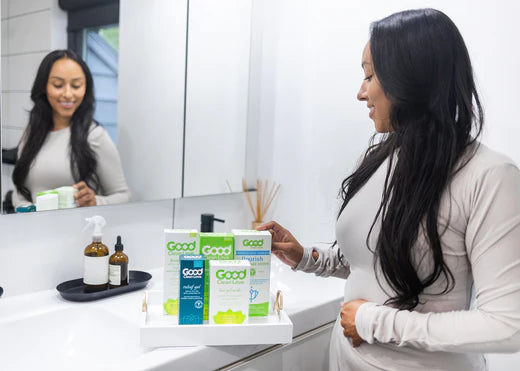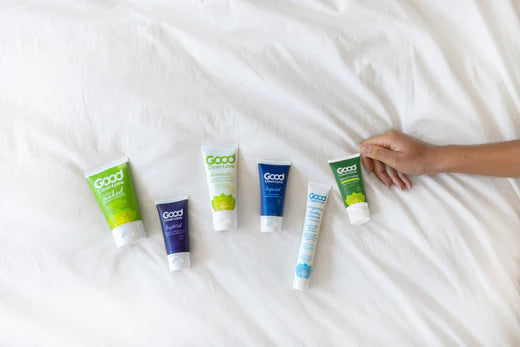
“Lovely female shapes are terrible complicators of the difficulties and dangers of this earthly life, especially for their owners.” ~George du Maurier
I was caught by a news headline that showed, in a recent Nutrisystem poll of one thousand people, approximately 50% of female participants say they would rather go without sex for the summer than gain 10 pounds. One quarter of the male respondents agreed. The poll was supported by recent European research with 12,000 participants. This study found that obese women were 30% less likely to have a sexual partner than normal weight women. Interestingly, this did not hold up for obese men.
How we imagine other people see our bodies and how we perceive ourselves when we look in the mirror, or touch and smell ourselves, has a significant yet complex impact on how we think about ourselves sexually. Body image doesn’t just include our estimation or our shape and weight compared with the ideal cultural body type, it also often includes our feelings about specific body parts. Our feelings about our bodies are a learned response based on the messages and images of ideal beauty that our society and families value. Growing up comparing ourselves and being compared to a specific type of beauty is how our feelings about our bodies grow in us. Think about how different these beautiful body ideals have been across culture and time.
While weight issues are often the leaders in poor body images, equally detrimental to our body image is feelings of inadequacy about the size and appearance of genitals, breasts and other sexual body parts. Culturally it is easier than ever to compare ourselves to the increasingly prevalent pornographic images of sexualized body parts. Actors do not reflect the norm; they got those jobs due to their unnaturally large endowments. Somehow our ideas of average and acceptable have also been usurped by the onslaught of sexual imaging that surrounds us.
Most of us believe that there is a direct and simple relationship between having a positive sense of physical self and a positive relationship with sexuality. While this is true on a certain level, that feeling good about your body makes you more comfortable with it and your sexuality, it is surprisingly a more complex algorithm to the decision-making process, which inspires healthy sexual relationships. Studies have shown that men with positive body images were more likely to engage in risky sexual behavior than men with lower body esteem. However women with positive body images were less likely to engage in risky sexual behavior. It is hard to understand these differences, except in the context of the mysterious and unique relationship we all have to our sexuality.
What’s more, is that the impact between body image and sexuality functions in the inverse as well. Satisfying sexual exploration and behavior can have a positive impact on body image. Women who don’t feel sexy because of their body image, have reported high levels of sexual satisfaction in the bedroom. The power of engaging and satisfying intimacy lifts inhibitions and self-consciousness that women experience about themselves in their minds. Satisfying sex brings you out of the mind and into the body, where our thoughts and beliefs can and are transformed through the body.
This is a paradigm shift similar to the ways we are beginning to recognize that waking up the arousal mechanism in the body can shift the mental experience of desire. The act of intimacy and the deep satisfaction that accompanies it can actually turn the body image problem on its head. This should be the headline, that rather than giving up sex in favor of weight loss or a healthier body image, committing to a regimen of deep intimacy may just be the diet we are looking for.


